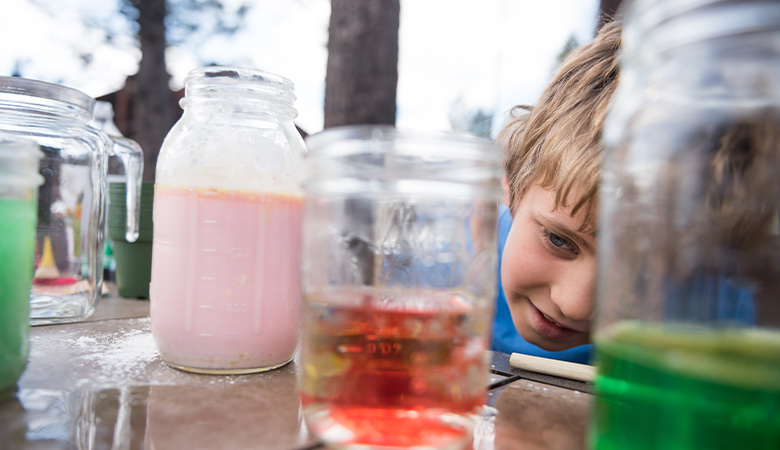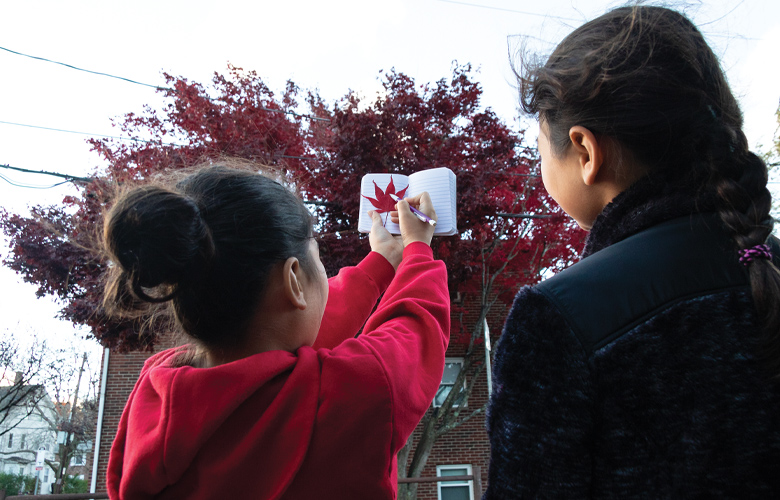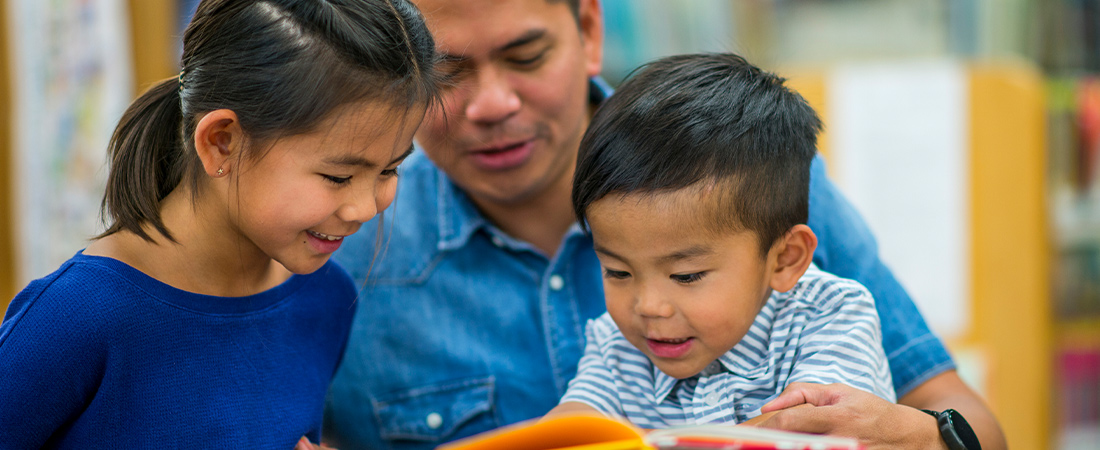When Science Learning Comes Home
Two educators discuss the impact of the COVID-19 pandemic on elementary science learning.

With distance education a new reality for millions of elementary students, many parents and caregivers have stepped in to support their student’s learning. But what does this mean for science, a subject that elicits feelings of discomfort for many adults?
In this podcast, Abigail Jurist Levy, director of EDC’s Coalition for Elementary Science, and Rebecca Katsh-Singer, the science curriculum coordinator for the Westborough Public Schools, discuss how the move to distance learning is affecting elementary science education. They also provide some tips for parents of young children who want to support science learning at home.
On the realities of science learning at home
Katsh-Singer: The daily reality is varied for families. There are some families where both parents are home and able to support kids. . . . And there are families where [the parents] are essential workers, or . . . [they are] just really stretched thin and challenged to have kids home all the time. So we have to work within that reality. We have to be flexible. We have to give kids work to do at home that is both meaningful, and something that is accessible to any type of family and any type of child.
On what the pandemic has revealed about science education
Jurist Levy: [F]or many parents, science has been invisible to them in the past. They don’t see it come home in the form of homework in their kids’ backpacks. And it doesn’t often come up in parent conferences because there is a focus on math and ELA. So parents aren’t really aware of what their kids are doing in science, and they may make assumptions about what is happening that aren’t quite accurate.
On the need to prioritize science education now
Katsh-Singer: I think [kids] need to understand how science works. We’re seeing it unfold in front of us. The levels of uncertainty, the ways that evidence emerges, and the ways that we interpret evidence. I think we need kids who understand that science doesn’t come out of a textbook. It’s not just what your teacher says, but it’s something that we create together. And that’s the kind of science that we want to see in the classroom because it’s authentic. It’s really how science works.





